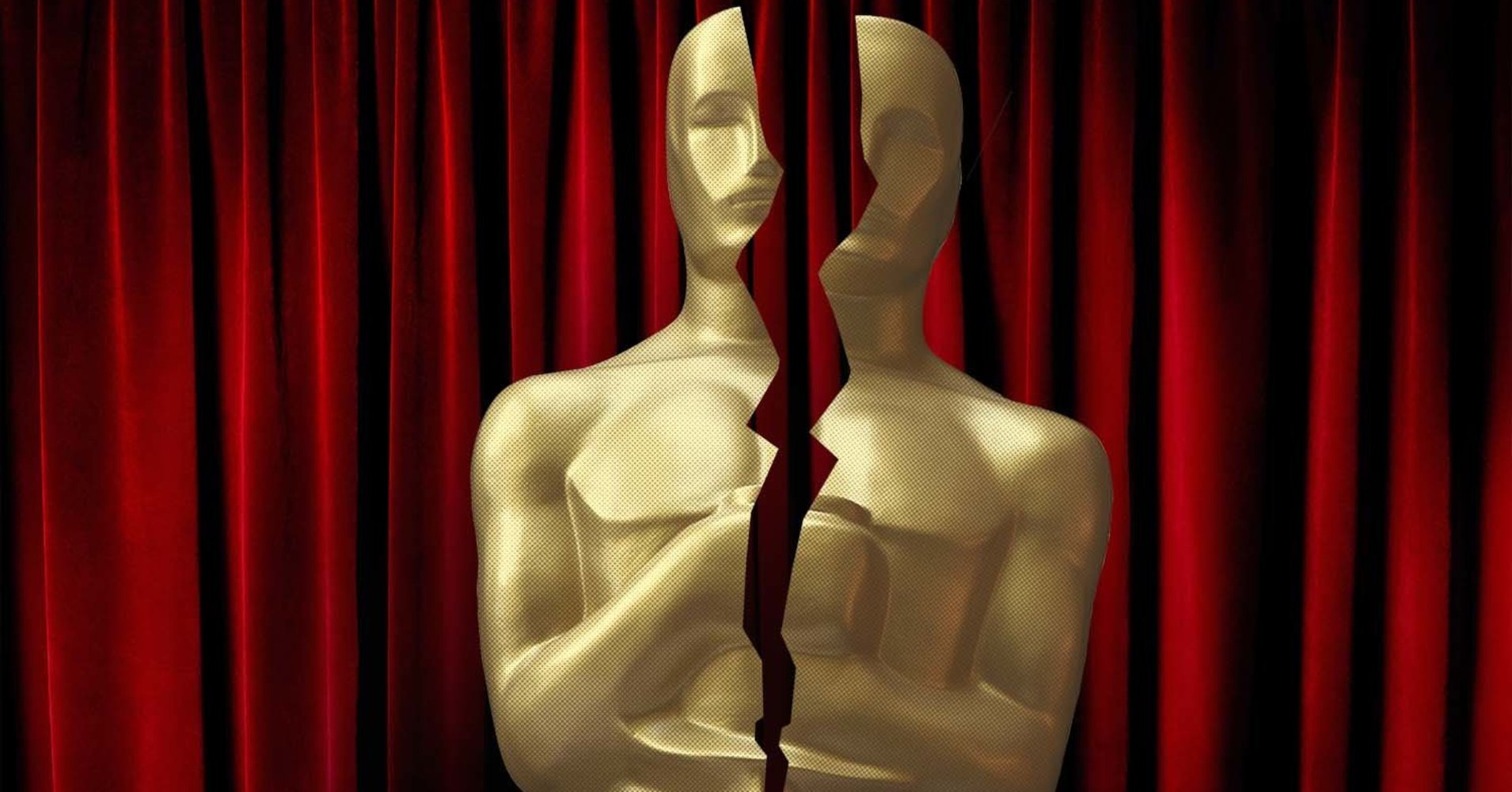[ad_1]
UPDATE: Feb. 15 ― After additional protests within the industry, including an open letter signed by Spike Lee, Martin Scorsese and many others, the Academy reversed its decision to present four awards during commercial breaks. As a result, the show will now reportedly last longer than the planned three hours.
If you’re planning to watch the Oscars from the confines of your couch on Feb. 24, a warning: Things will look a bit different this year. Thanks to a contentious decision by the Academy of Motion Picture Arts and Sciences’ administration, civilian viewers will get a truncated version of the ceremony, a move that’s left factions of Hollywood seething.
The seeds of change were first announced in August 2018, part of an effort to juice the Oscars’ dwindling TV ratings. The Academy’s Board of Governors said it would cap the usually four-hour-plus event at three hours ― its shortest since 1973. Leaders were reportedly facing pressure from ABC, the network that owns the Oscar broadcast through 2028 and wields more contractual creative jurisdiction than ever before. To cut back, the board opted to relegate several award presentations to commercial breaks.
With less than two weeks until this month’s broadcast, the Academy hadn’t yet confirmed which categories were on the chopping block. When asked to clarify the new design, a publicist for the organization referred me to a press release from August. “To honor all 24 award categories, six to eight categories will be presented live … during commercial breaks,” the statement read. “The winning moments will then be edited and aired later in the broadcast. Selected categories will be rotated each year. The Academy will collaborate with the show producer(s) to select these categories.”
The only certainty: famous folks nominated for starry acting accolades need not worry. The move would inevitably sideline the short-film field and so-called technical awards celebrating lesser-known craftspeople responsible for things like sets, visual effects, editing, sound, makeup, costumes and music. Those of us who want to follow along with those awards in real time would have to do so online.
The Academy finally provided definitive information Monday afternoon. In an email sent to the 9,000-member body, president John Bailey announced that four categories will be affected, presumably hoping to soften the blow by halving the aforementioned tally. This year’s broadcast will sacrifice Best Cinematography, Best Film Editing, Best Live Action Short Film and Best Makeup and Hairstyling. They were chosen because their elected board representatives volunteered to be guinea pigs, Bailey said ― never mind that the editing and cinematography contests help to predict the Best Picture winner, or that Bailey is a cinematographer himself.
Despite the Academy chief’s delicate delivery, the news hit industry veterans like a typhoon ― so much so that the Board of Governors felt compelled to send a second email Wednesday stating that “no award category at the 91st Oscars ceremony will be presented in a manner that depicts the achievements of its nominees and winners as less than any others.”
But even if their speeches air later in the night, certain honorees are still at a disadvantage.
“They’re squeezing the one thing that you watch the show for,” director Steven Soderbergh told me, “which is to see somebody’s fucking dream come true.”

Indeed, under the updated format, four non-celebrity winners will wind up delivering heartfelt speeches to seat fillers while their peers dash to the restroom. Lost to those not at Los Angeles’ Dolby Theatre or watching online will be moments like Rachel Shenton using sign language during her Best Live Action Short Film acceptance, or “The Adventures of Priscilla, Queen of the Desert” costumer Lizzy Gardiner marching to the stage in a dress made out of expired American Express Gold cards, or Rachel Morrison (“Mudbound,” “Black Panther”) becoming the first woman to hear her name included among the Best Cinematography lineup.
“It gives dreamers something to dream about,” cinematographer-turned-director Reed Morano said.
Conveniently, none of the liquidated categories honor movies released by Disney, ABC’s parent company, such as “Black Panther,” “Mary Poppins Returns” and “Avengers: Infinity War.”
Amid an awards season drowning in controversies, including the short-lived proposal to introduce a “popular film” Oscar category and onetime host Kevin Hart’s refusal to offer a satisfying apology for his homophobic comedy material, the effects of ABC’s three-hour mandate have been a footnote ― until now. Like Soderbergh and Morano, many of the industry’s key players are disheartened to see technical and short-film citations assume second-class status.
“I just have one line to say for that, and I want to be a little rude,” Christian Berger told me last week. As the man who shoots Michael Haneke’s movies and earned a cinematography nomination for 2009′s “The White Ribbon,” he speaks with authority: “All those assholes forgot that film started with images.”
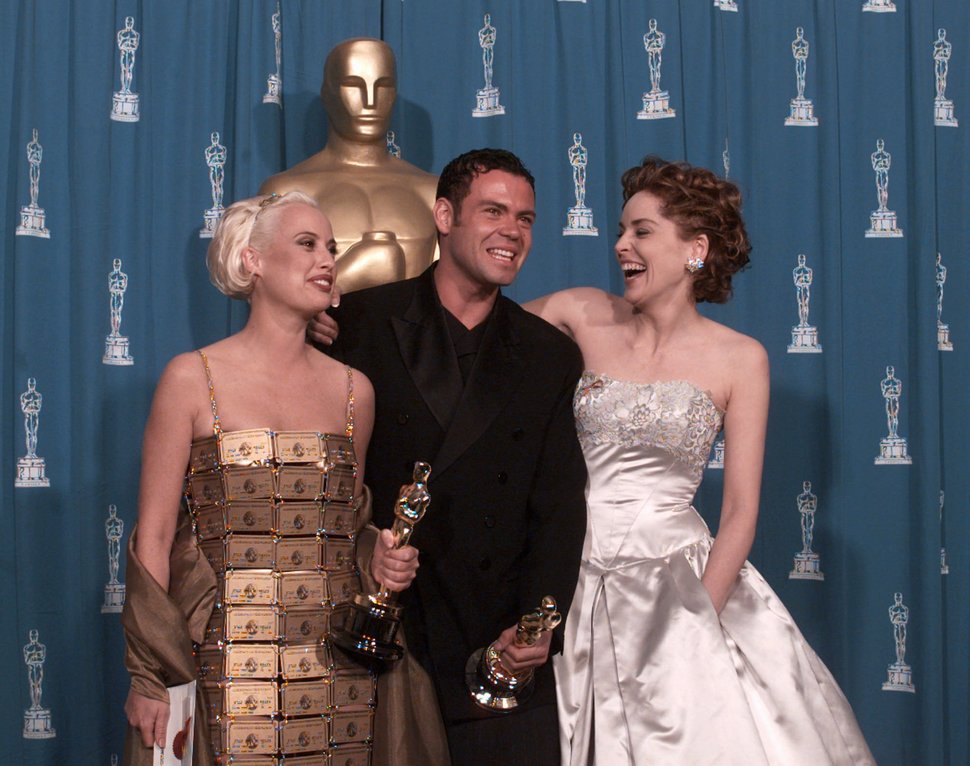
Oscar-winning directors Guillermo del Toro (“The Shape of Water,” “Pan’s Labyrinth”) and Alfonso Cuarón (“Roma,” “Gravity”) expressed their disappointment on Twitter, noting that the categories relegated to the commercial breaks are fundamental to the medium ― a sentiment that Morano (“The Handmaid’s Tale”) and three-time cinematography champion Emmanuel Lubezki (“The Revenant”) paralleled in Instagram posts.
“If I may: I would not presume to suggest what categories to cut during the Oscars show but ― Cinematography and Editing are at the very heart of our craft,” del Toro wrote. “They are not inherited from a theatrical tradition or a literary tradition: they are cinema itself.”
Jason Reitman, Russell Crowe, Seth Rogen, Patty Jenkins, Zooey Deschanel, William Friedkin and Edgar Wright joined the chorus, echoing “Love & Basketball” director Gina Price-Bythewood, who spoke out last month, long before most people were paying attention to the format change.
“Everyone’s talking about it” now, Morano told me over the phone Tuesday.
The reason the decision stings is manifold. It’s more than just a bunch of Hollywood insiders wanting to tout their accomplishments on television, though of course that applies, too. In many ways, the change evokes broader industry dynamics, in which beautiful multimillionaires become figureheads for projects that often require hundreds of employees with complex skill sets, some of whom are paid union-standardized day rates.
“It’s a little bit of a classist system between the stars and everybody else, and I think the more we can do to erase that distinction, the better for everybody,” production designer Judy Becker said.
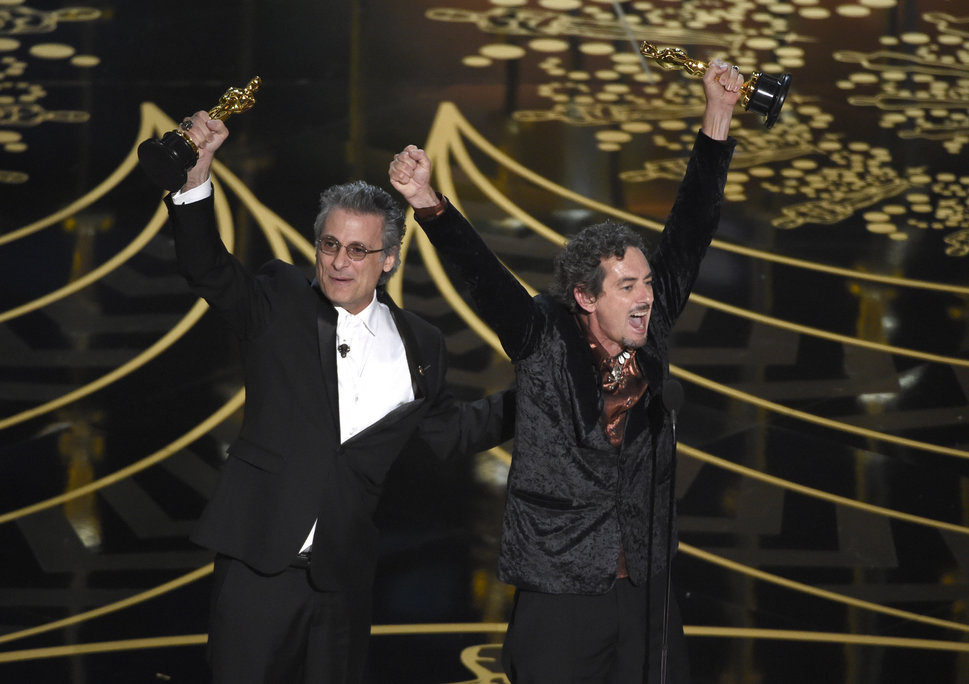
Becker was nominated in 2014 for “American Hustle.” Her other credits include “Brokeback Mountain,” “We Need to Talk About Kevin,” “Carol” and three TV series created by Ryan Murphy. In her eyes, cutting categories from the broadcast impedes the broader dialogue about Hollywood’s hiring practices.
Aside from a few key exceptions, like Frances McDormand pushing inclusion riders during her Best Actress speech last year, public discourse about the need for greater diversity in film centers on performers and directors ― the people likeliest to reap high-profile rewards and enviable paychecks. But with the exception of costume and makeup prizes, below-the-line accolades most often go to white men. Without showcasing those positions in full on the broadcast, “you get an even more skewed idea of the industry,” Becker said.
We’re burying our heads in the sand if we think taking a few awards off the show is going to change the ratings.
“Mad Max: Fury Road” sound designer Mark Mangini
According to Mark Mangini, a sound designer with five nominations to his name, including a win for “Mad Max: Fury Road,” the decision to scrub technical awards from the broadcast further obscures a facet of moviemaking that’s more crucial than ever.
Budgets for blockbusters budgets have soared in recent years, with expensive superhero tentpoles dominating the marketplace and “Black Panther” landing the genre’s first Best Picture nomination. Visually and sonically, movies are louder than ever before, but the awards that recognize those achievements risk being quieted.
Nixing those presentations may shorten the show’s running time, but Mangini, who said the move is “reviled” among his peers, doesn’t believe it will help attract more viewers. He’s got a point. Network TV ratings are suffering across the board. In the streaming age, a problem like this is hardly unique to the Oscars, which remain the most-watched non-sports program despite record-low viewership in 2018.
“We’re burying our heads in the sand if we think taking a few awards off the show is going to change the ratings,” Mangini said.
Nearly everyone I spoke to sympathized with the Academy’s need to assuage ABC executives’ worries; they also agreed that this isn’t the way to do it.
“It cheapens the whole brand, I think,” four-time Best Production Design nominee Bo Welch (“The Color Purple,” “The Birdcage”) said. “I think people who tune in to [the Oscars] are people who are into films [and] entertainment, and they want to know who shot that beautiful movie or who did the costumes. I don’t think the audience is that stupid, but we do live in celebrity-obsessed times. It’s a conundrum because it is a business.”
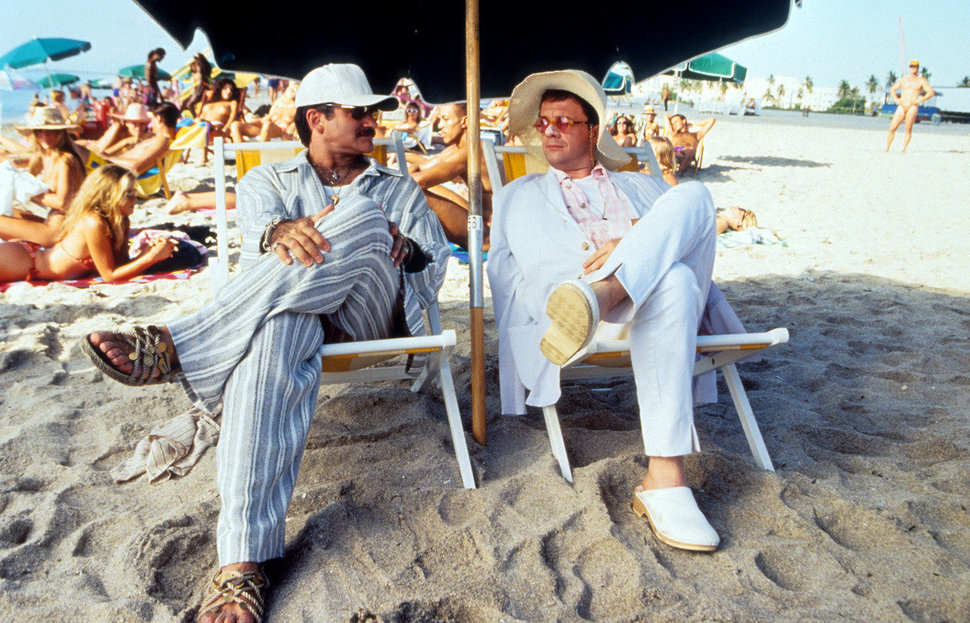
Jeff Cronenweth, a previous Best Cinematography nominee for “The Social Network” and “The Girl with the Dragon Tattoo,” said the Oscar changes have prompted “frustration and disappointment” within the entertainment world.
It’s easy to see why: The Oscars’ ongoing crises add to a long-gestating sense that moviegoing in America has lost some of its luster, dulled by interminable franchises, shifting business models and divided attention spans. Instead of seeing itself as a tastemaker capable of spotlighting foreign fare and independent gems that deserve commercial clout, the Academy is appealing to the lowest common denominator.
Soderbergh, a Best Director winner who often shoots and edits his movies under pseudonyms, said the ostensible disarray surrounding this year’s Oscars is symptomatic of an oversized governing board. With 54 members ― three from each of 17 branches, as well as another three governors-at-large ― the panel has too many disparate voices to reach cohesive outcomes that unify the Academy, Soderbergh argued.
“This is why they can’t solve anything,” he said. “It’s become a cell that needs to divide to survive.”
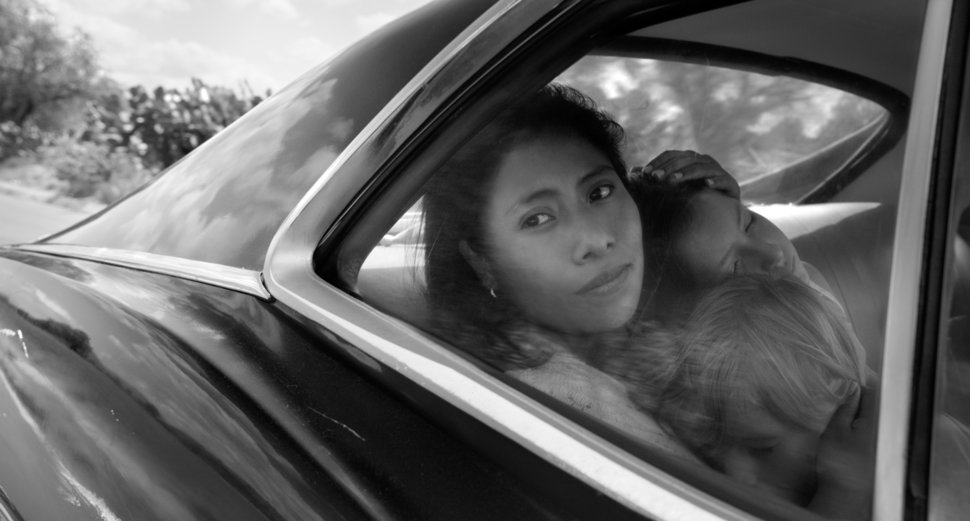
How to solve the issues is another matter.
Soderbergh, for instance, proposed a fix that contradicts what many others would hope for. He wants to produce a separate event that honors only the craftspeople, much like the Emmys’ Creative Arts Awards. It would be opulent, fun and available to stream somewhere, he said.
That solution might seem to further bastardize these awards, but his sentiment isn’t unmatched. Some, like Mangini, suggested moving the Oscars, in their entirety, to a streaming service like Netflix ― an outcome that could be inevitable given live television’s ongoing crossroads. That way, overnight metrics aren’t as significant and the proceedings need not appeal to advertisers paying as much as $3 million for a 30-second spot.
But a non-network broadcast would have a different tenor, as winners would be revealed online before some of us at home have even hit the “play” button. Furthermore, ABC would have to renegotiate the contract it established with the Academy in 2016 ― which isn’t out of the question, especially since Disney’s new streaming platform is set to launch this September.
For now, the Academy’s officers will need solutions that appease the network, lukewarm viewers and industry stakeholders ― a triangulation that isn’t easy to satisfy. Becker and Morano encouraged the Academy to gussy up less-glamorous awards with montages, sketches or miniature tutorials about what a production designer’s or sound mixer’s job entails ― something to get people invested in the nitty-gritty of how their favorite films come together.
Mangini suggested winners challenge themselves to deliver unconventional speeches that do more than tick off the same rosters of thank-yous over and over. “That is absolutely the world’s worst television,” he conceded, “especially at this time, in this world, in this country, when you have an opportunity to say something meaningful or inspirational ― something that could reach a young filmmaker wondering if this is the [career] for them.”
Welch echoed Margini’s thoughts, also pointing out that some below-the-line nominees are stationed in the rear of the theater, “miles away from the stage,” requiring precious seconds to schlep to the podium. Perhaps a better seating arrangement would help alleviate lag time.
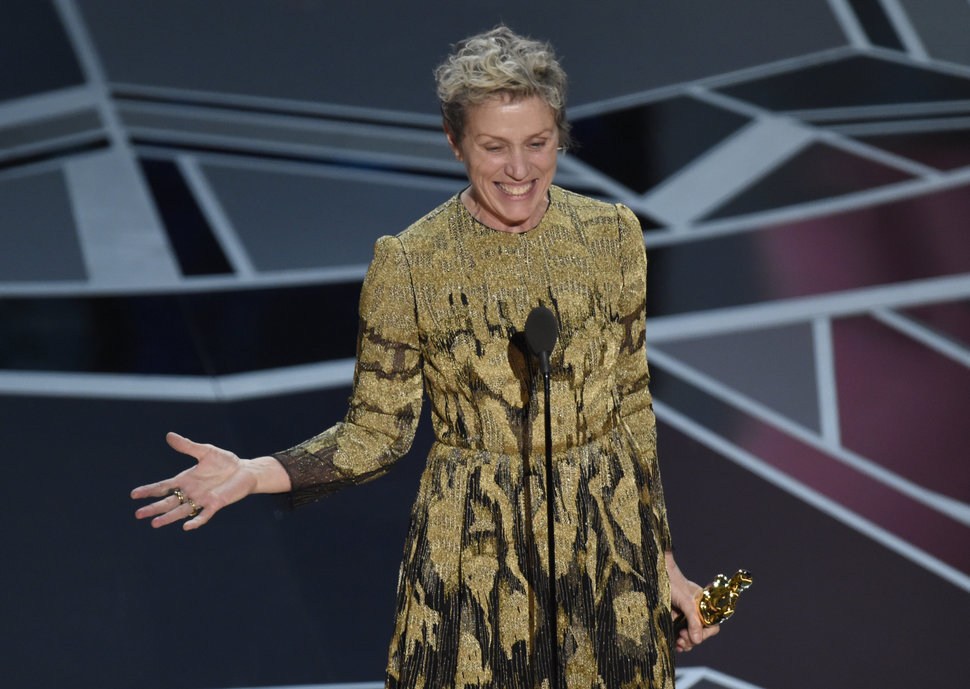
Others, like Cronenweth, worry that political speeches contribute to the ceremony’s diminishing ratings, alienating those who wish to separate reality and cinema. But activism is an age-old tradition among presenters and winners alike, from Marlon Brando protesting Hollywood’s portrayal of Native Americans in 1973 and Vanessa Redgrave pledging “to fight anti-Semitism and fascism” in 1978 to Susan Sarandon calling attention to HIV in 1993 and Patricia Arquette advocating for equal pay in 2015. Will nixing a segment of the broadcast really restore faith in anyone convinced Hollywood is too outspoken?
Cronenweth wisely suggested moving the Oscars to earlier in the year, and his wish will soon be granted. The Academy has already named Feb. 8 as the date for 2020′s ceremony, the earliest it’s been in decades. Airing the Oscars in late February or March ― not to mention April, when it was often held in the 1960s and ’70s ― turns awards season into at least a six-month slog, as campaigning begins around Labor Day with the Telluride, Venice and Toronto film festivals. Come Oscar night, after months of precursors and politicking, there’s palpable fatigue haunting the movies being feted.
Whatever happens, the Academy ― an organization that claims a reported $1 billion in assets ― can count on impassioned responses from its most loyal spectators on Feb. 24 and beyond. The one thing we know for sure: the Oscars, a 91-year-old institution bound to undergo at least some change as public taste shifts, won’t look or feel the same this year.
“It’s an experiment, quite honestly,” Welch said. “If it does not work ― if they run out of time and, for instance, don’t show the cinematography award and Alfonso Cuarón wins it for ‘Roma,’ there’ll be a revolt, and they’ll have to fix it in some other way.”
[ad_2]
Source link

